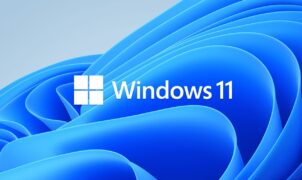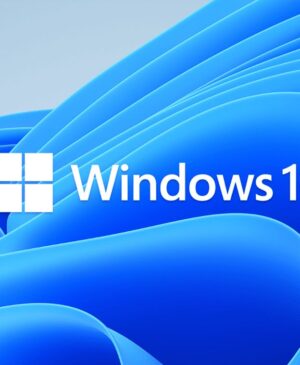The frame rate limiter on Valve’s portable PC (which is good for the Steam Deck‘s battery life) may have a minor side effect.
On Reddit, Dacvak has posted a new summary of the Steam Deck and its frame rate limiting solution. He only ran one game during his tests, Rogue Legacy 2. “I decided to run latency tests on the Steam Deck (initially to see the added latency when connected docked to a TV with a DualSense controller; on my display, it added a mere 12ms of input latency), but in doing my tests, I discovered something interesting.
Enabling the framerate limiter in the Performance menu adds an egregious amount of input latency, which scales somewhat linearly depending on the cap. These timings were captured with the Steam Deck undocked. Uncapped: 31.8ms input lag. 60 FPS cap: 75.8ms, 30 FPS cap: 145.9ms. 50Hz/uncapped: 32.5ms, 50Hz/50 FPS cap: 94.2ms, 50Hz/25 FPS cap: 186.1ms. 40Hz/uncapped: 34.3ms, 40Hz/40 FPS cap: 121.1ms, 40Hz/20 FPS cap: 232.0ms.”
Then Dacvak tried a game with a built-in frame rate limiter (e.g. Rocket League), but there was no extra input lag: “As requested below, I tested a game with a built-in frame cap option (not to be confused with VSync), then set the Deck to a matching refresh rate. In this case, I set Rocket League to a frame cap of 50 FPS (there was no option in Rocket League for 40 FPS) and set the Deck’s screen refresh rate to 50 Hz. It resulted in minimal to no increased input latency, making it the most viable solution when capping your framerate for performance/battery life reasons.”
SteamOS has recently received the Beta 3.2 patch, which allows you to limit the refresh rate within games and adds an OS-managed fan speed curve (i.e. you can set when to spin up in earnest and when to stay at a quiet, low RPM).
Source: WCCFTech
















Leave a Reply